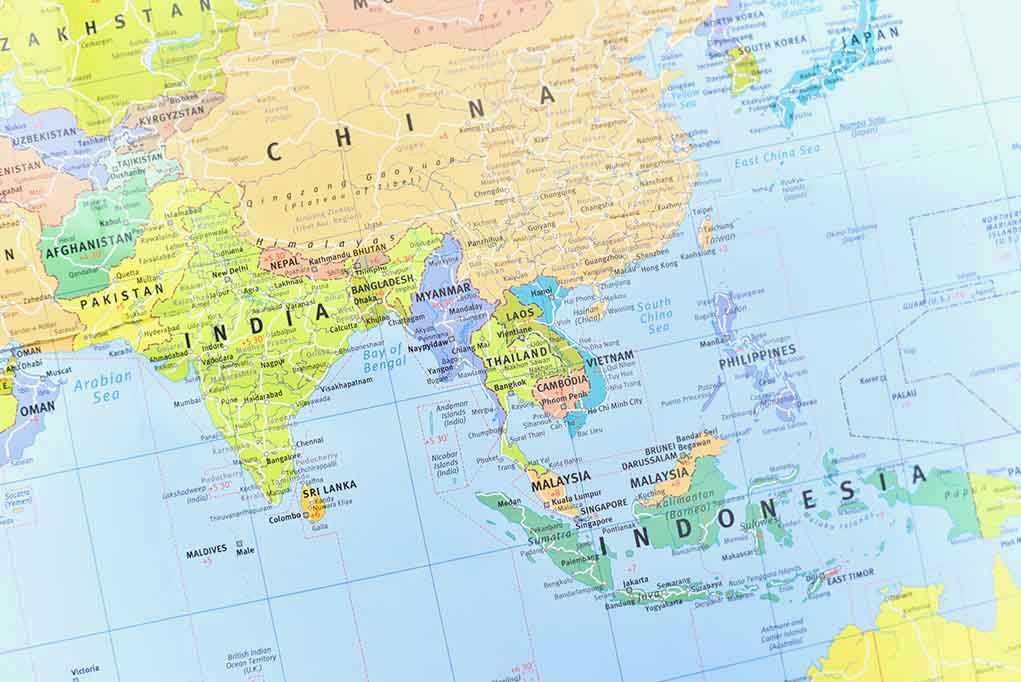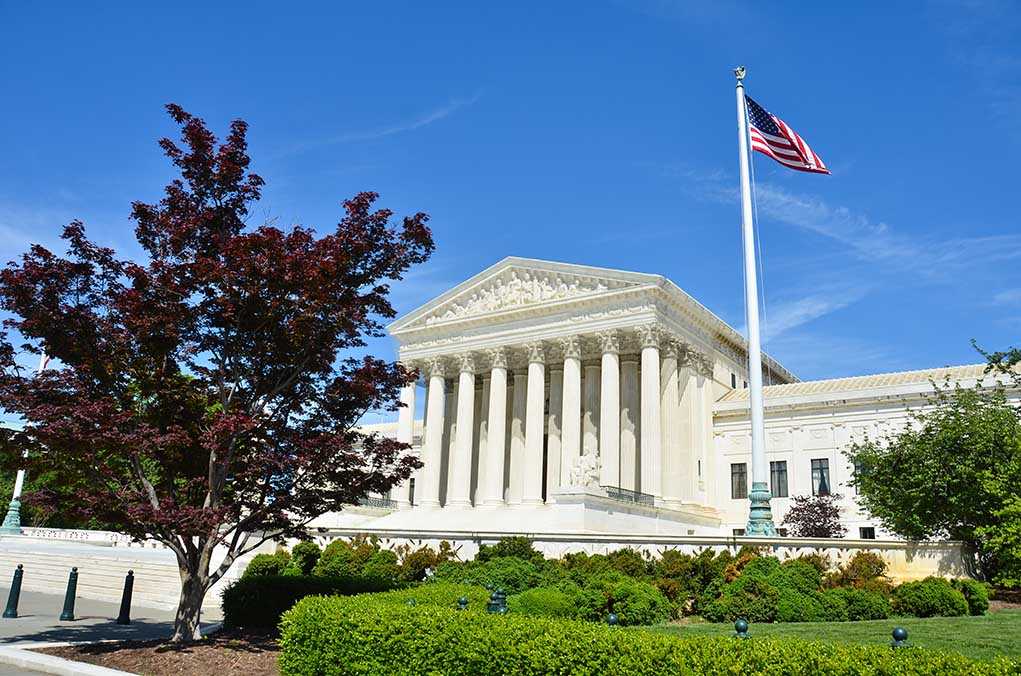
Nepal’s finance minister is stripped and humiliated by protesters, exemplifying a government in crisis.
Story Snapshot
- Finance Minister Bishnu Prasad Paudel was attacked by protesters in Kathmandu.
- The incident symbolizes Nepal’s deep political and economic turmoil.
- Protests are driven by economic hardship, corruption, and censorship.
- Prime Minister KP Sharma Oli resigned amidst the chaos.
Unprecedented Attack on a Government Official
Finance Minister Bishnu Prasad Paudel was stripped and chased into a river by protesters in Kathmandu, marking a significant escalation in Nepal’s political unrest. The incident was captured on video, rapidly spreading across social media and highlighting the collapse of public trust in the government. This act of public humiliation is unprecedented in recent history and underscores the severity of the crisis facing Nepal.
The protests, which have been ongoing since early September 2025, are fueled by widespread economic hardship, allegations of entrenched corruption, and a controversial government ban on social media platforms. The ban has been perceived as an attack on free speech, further aggravating the protesters, particularly the youth-led movement known as the “Gen Z” movement. These young protesters are demanding accountability and reform, driven by high unemployment, rising food prices, and government mismanagement.
Government in Disarray
Following the attack on the finance minister, Prime Minister KP Sharma Oli and Home Minister Ramesh Lekhak resigned and fled the country. This has left Nepal in a state of political disarray, with no clear leadership and a growing power vacuum. At least 14–19 people have died, and over 300 have been injured in violent clashes between protesters and security forces. The parliament building and several politicians’ homes have been attacked or set on fire, further destabilizing the situation.
The government’s attempt to justify the social media ban as a measure against fake news has been met with criticism from rights groups who view it as censorship. There has been no official statement from the finance minister post-incident, and government communications remain disrupted. As protests continue, security forces are struggling to restore order amidst the chaos.
Future Implications for Nepal
The immediate consequences of this crisis include a power vacuum and intensified protests, raising the risk of further violence. The disruption of government services and economic activity is a significant concern. In the long term, there is potential for regime change or new elections, which could lead to lasting damage to public trust in political institutions. Additionally, Nepal’s democratic image on the international stage may suffer as a result of these events.
The broader impacts on Nepal’s economy, society, and politics are profound. The tourism and foreign investment sectors are likely to suffer due to the instability, while media and technology industries are affected by censorship and internet restrictions. The deepening generational divide and erosion of trust in leadership further complicate the nation’s recovery and future stability.











